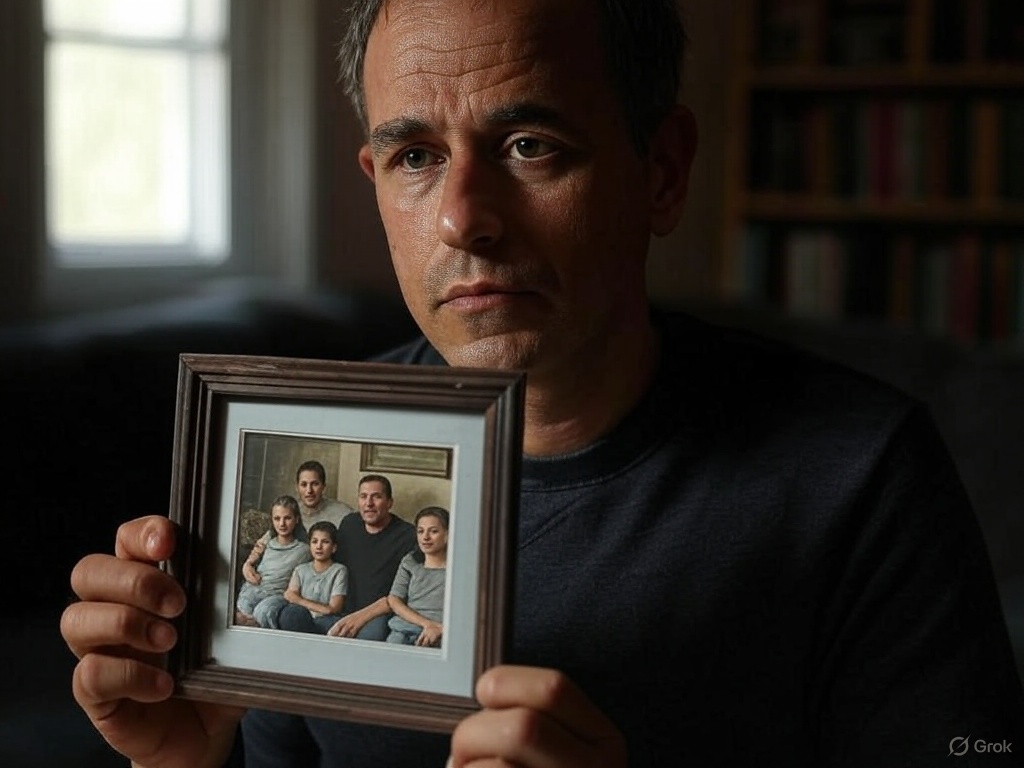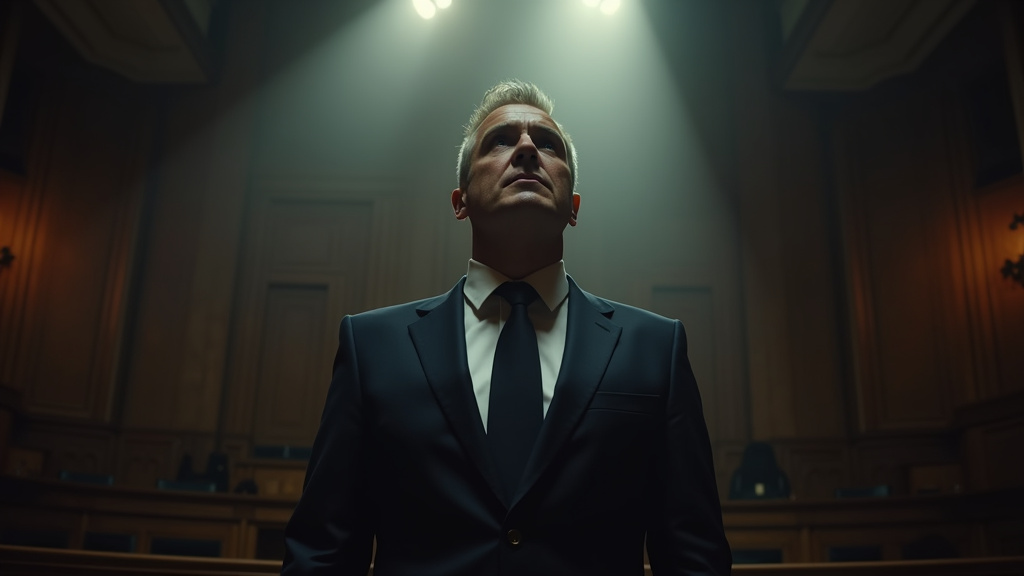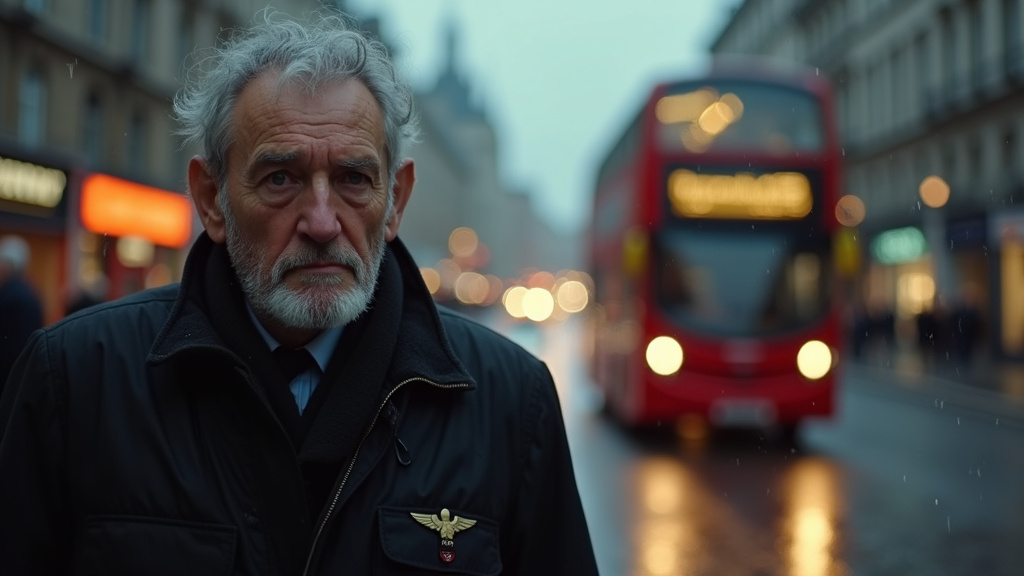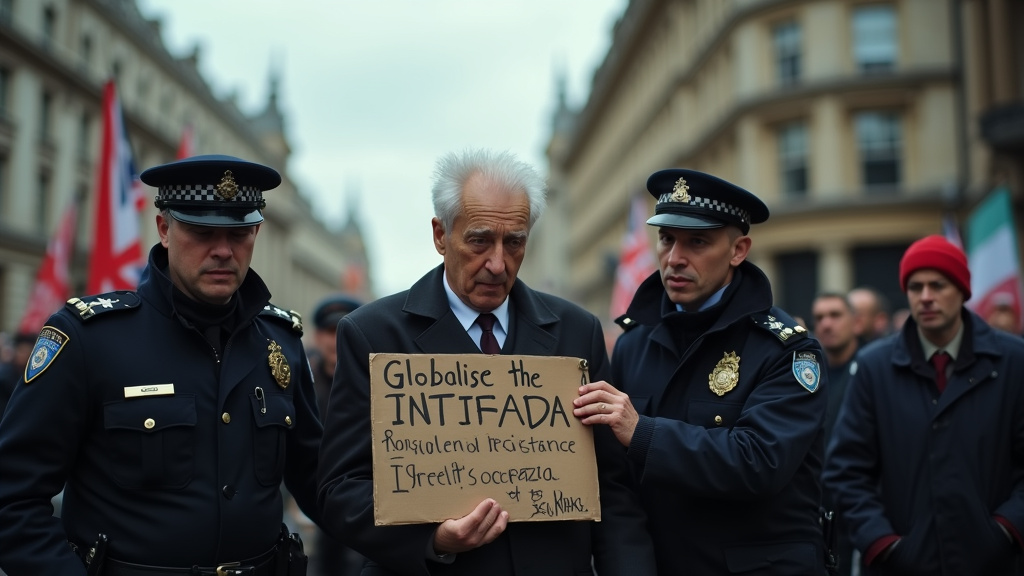A Heartfelt Reunion: How Quick Actions and Teamwork Saved a Life in London’s Square Mile
In a remarkable story of life-saving teamwork, a father of two has reunited with the police officers and paramedic who played pivotal roles in saving his life. This incident, which took place in November 2023, highlights not only the critical importance of immediate medical response but also the extraordinary capabilities of trained professionals in high-pressure situations.
The Incident: A Life in Peril
Mal Patel, a 58-year-old finance director, found himself in a life-threatening situation when he collapsed due to a cardiac arrest in London’s bustling Square Mile. The incident unfolded on Cheapside, where a passer-by noticed Mr. Patel’s distress and quickly flagged down officers from the City of London Police, PCs Neil Geddis and Jack Watson.
Upon arrival, PC Watson wasted no time and immediately commenced performing CPR. With the urgency of the situation clear, both officers radioed for a defibrillator, a crucial device that delivers an electric shock to restore a normal heartbeat. Within just two minutes, the Tactical Firearms Group of the City of London Police, specially trained in advanced medical care, arrived on the scene. They applied the defibrillator, delivering a life-saving shock to Mr. Patel’s non-beating heart.
The Role of Paramedics in Emergency Care
As the situation developed, motorcycle paramedic Paul Soffe was among the London Ambulance Service crews dispatched to stabilize Mr. Patel before transferring him to the hospital. His quick actions contributed significantly to the outcome of this critical situation. “By the time Mr Patel was in the ambulance, he was still very ill, but was now breathing on his own,” stated PC Geddis, illustrating the gravity of the situation and the importance of the initial response.
Following his stabilization, Mr. Patel was transported to a specialist cardiac center where he received further medical attention. Thanks to the swift actions of the officers and paramedics, he was able to make a full recovery, a testament to the effectiveness of immediate medical intervention.
A Year Later: A Grateful Reunion
Fast forward a year later, Mr. Patel took it upon himself to find and thank those who had saved his life. While out in the city, he spotted the two firearms officers, PCs Geddis and Watson. They soon recognized that they were part of the team that had come to his aid that fateful day. This serendipitous encounter led to an emotional reunion at Bishopsgate Police Station, where Mr. Patel expressed his profound gratitude.
“Words can’t do justice to the gratitude that my family and I have for everything you all did for me on that day,” Mr. Patel told the officers. “Seeing you all and hearing the astonishing skills that you pull together as a team, brought home to us how truly under-appreciated the force is. In us at least, you have advocates for life.”
Recognition of Heroism
The heroic actions of the officers did not go unnoticed. Deputy Commissioner Paul Betts praised the exemplary heroism displayed by the team, emphasizing that their advanced medical training was crucial in saving Mr. Patel’s life. “All of them immediately sprang into action to save Mr Patel’s life,” he remarked, underlining the dedication and skill of emergency responders.
In recognition of his courageous efforts, PC Watson has been nominated for a Royal Humane Society Bravery Award. Meanwhile, the firearms officers are also in line for a Commander’s Team Commendation, acknowledging their critical roles in the life-saving efforts.
The Importance of CPR and Early Defibrillation
Paramedic Paul Soffe highlighted the importance of early CPR and defibrillation in emergency situations. “Mr Patel’s survival was made possible thanks to the police officers’ use of a defibrillator and their impressive first aid skills while our paramedics were on the way to the scene,” he explained. “Every second counts, and early CPR and defibrillation can more than double someone’s chances of survival.”
These statements underscore a vital point: public awareness and training in basic life support techniques can significantly enhance survival rates in emergencies. The skills involved in administering CPR and using a defibrillator are simple to learn and can be life-saving, making it imperative for more people to seek training.
Conclusion: A Call to Action
The reunion of Mal Patel with the officers and paramedic who saved his life serves as a powerful reminder of the impact of quick thinking, teamwork, and professional training in emergency situations. It is also a call to action for the public to familiarize themselves with basic life-saving techniques. By doing so, individuals can empower themselves to act in emergencies and potentially save lives.
As we reflect on this inspiring story, let us also remember the countless other unsung heroes in our communities—first responders, paramedics, and everyday citizens who are ready to step up in times of crisis. Their dedication and skill deserve our recognition and appreciation, and they inspire us all to be prepared to help others when it matters most.





